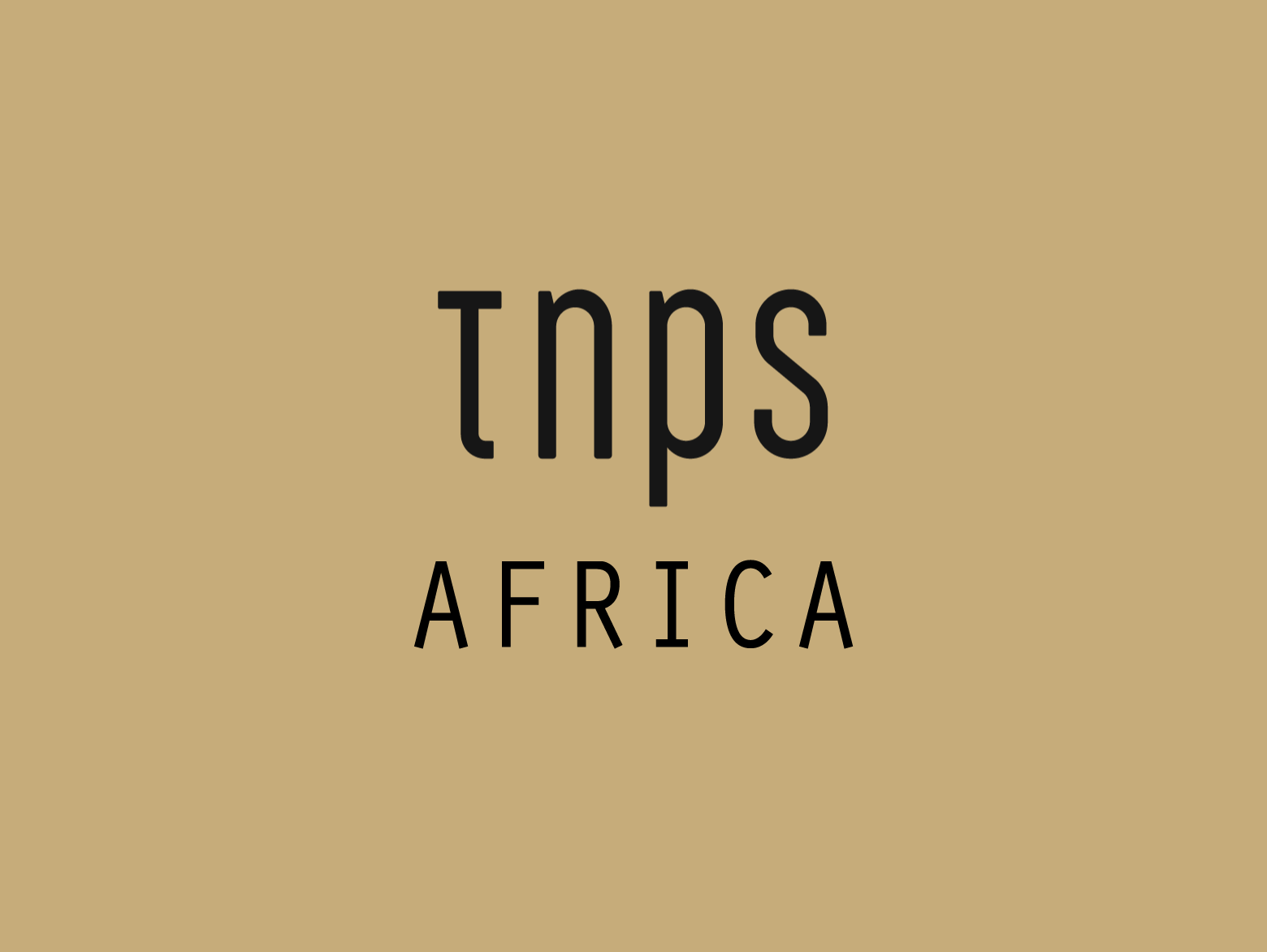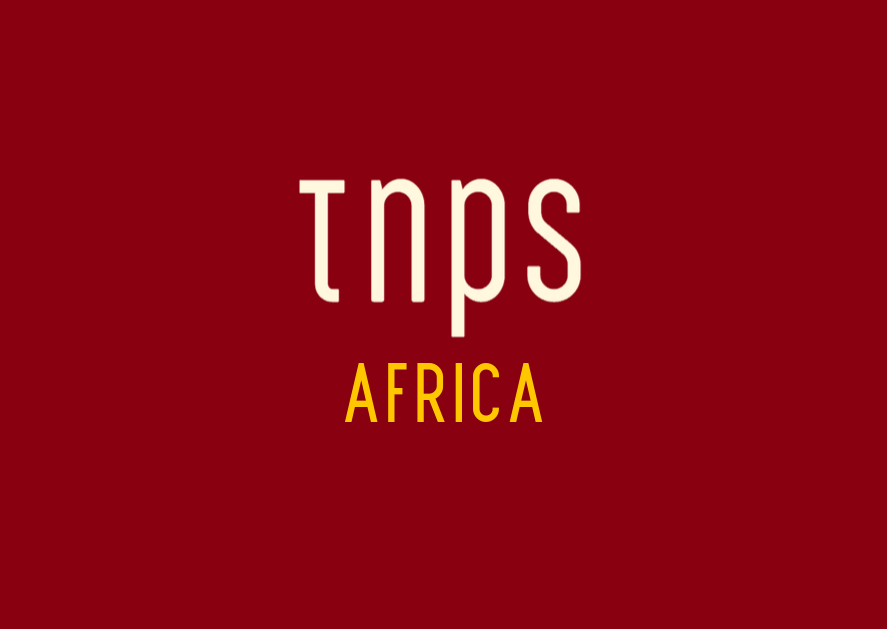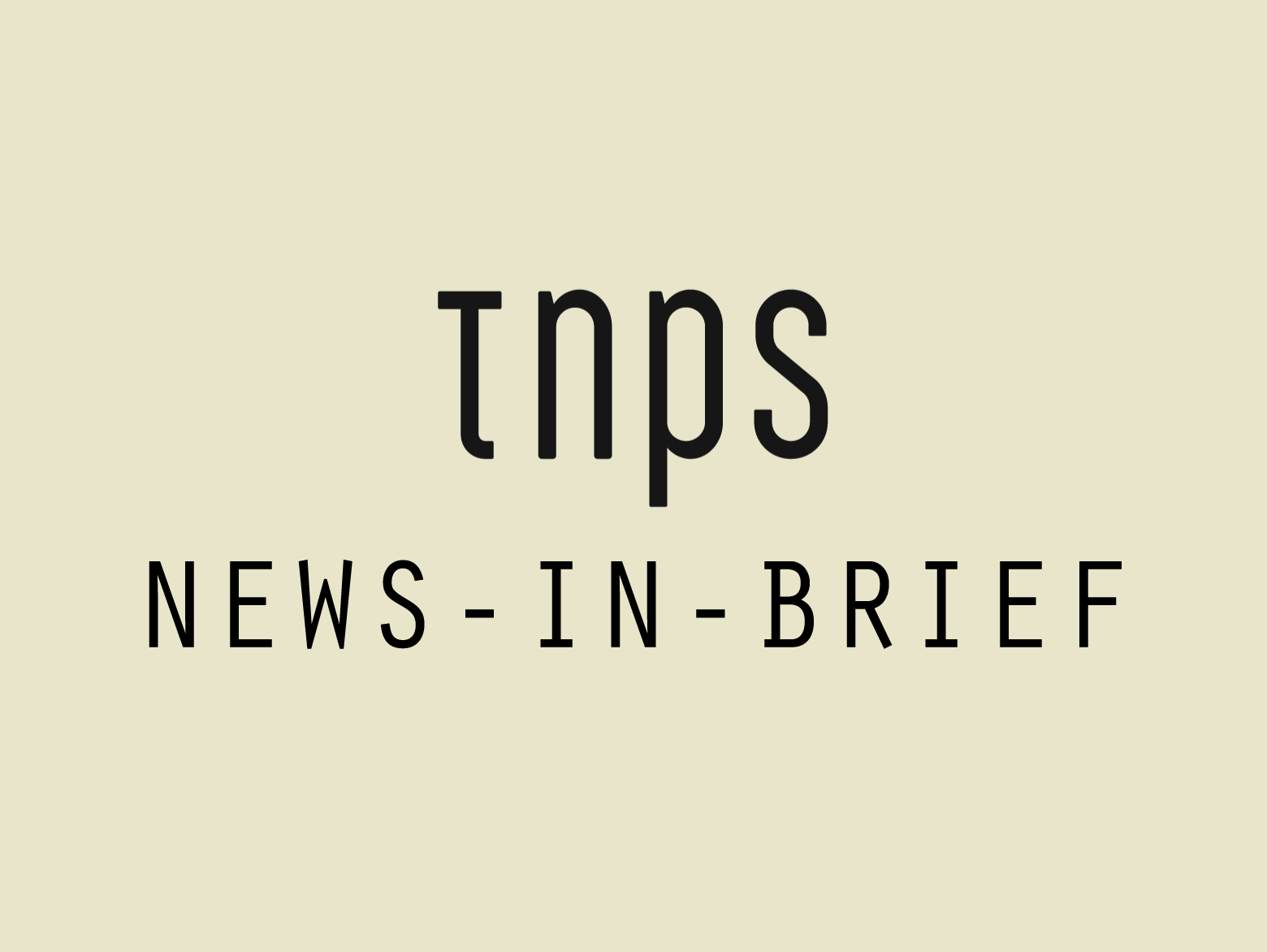This week comes news that the 11th Hargesya International Book Fair will be held in July, and Rwanda will be the guest of honour.
It’s an interesting choice given Rwanda’s dark history of genocide and its impressive rise from the ashes of self-destruction, juxtaposed against Somaliland’s precarious position as a self-declared state within a state, recognised by some but not all of the world’s nations. Not here to judge the rights or wrongs of Somaliland’s fight for autonomy within Somalia, just to note that, even in the most difficult times, books remain at the centre of cultural life across the world.

In a press release from the Hargeysa Cultural Centre (Hargeysa is the de facto capital of Somaliland, with 1.5 million of the state’s 4 million population) announcing the theme for the 11th incarnation will be “wisdom”, the organisers say,
…we have always sort to promote a ‘connected, open, creative and tolerant society led by wisdom’, and not by emotions; a society that has survived within its own mechanism, culture, heritage and knowledge production. From the 9th century BeytulHekmi (or Dar’ulHekma) in the Islamic Golden Age in Bagdad to the Somali wise men and women who guided the society in the traditional judiciary system, and who governed with authoritative leadership, the virtue of having wisdom as attribute, always gave few people a distinguished mandate to lead. What happened to that virtue? Who are our chosen vanguards today? What do the literature, the traditional oral poetry and arts had to do with the wisdom? Are men of literature loosing their appeal? Do the radical transformation of the Somali society in the recent time deteriorated the essence of wisdom of the ordinary people? These are the questions that we will seek to answer collectively.
Few details as yet about what form the fair will take and how many other countries will be represented, but rest assured TNPS will be watching closely for more news as we continue our mission to track the Global New Renaissance as it happens, day by day.




